Japanese history and culture
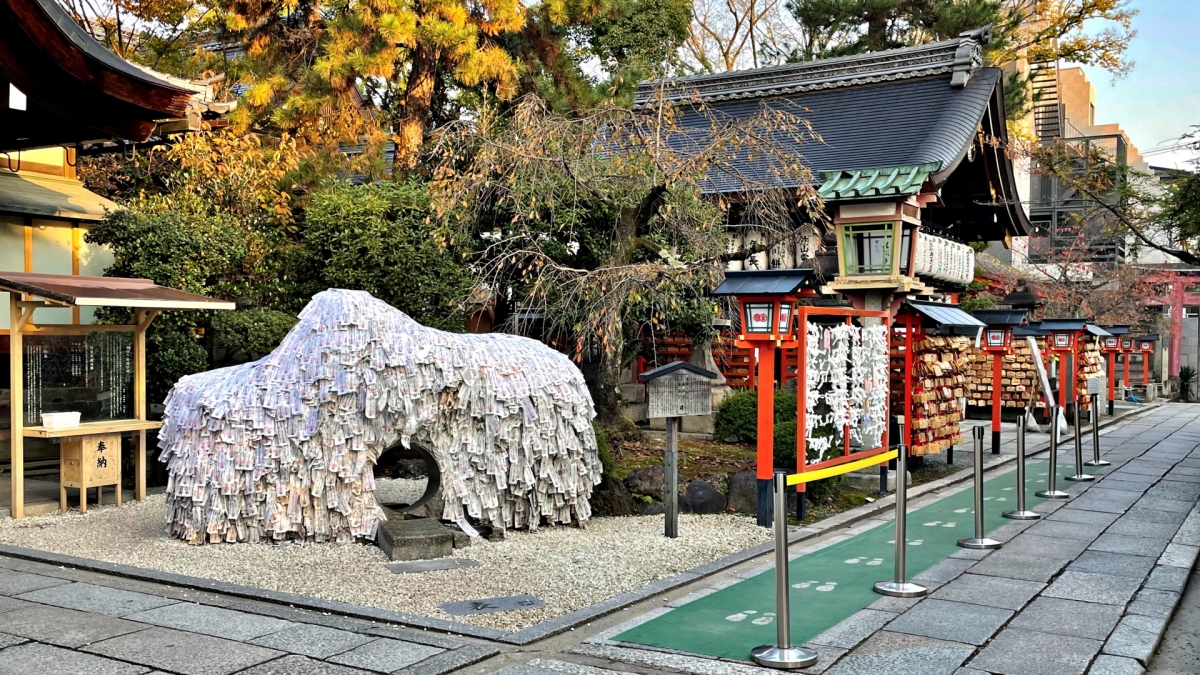 Japanese history and culture
Japanese history and culture  Japanese history and culture
Japanese history and culture 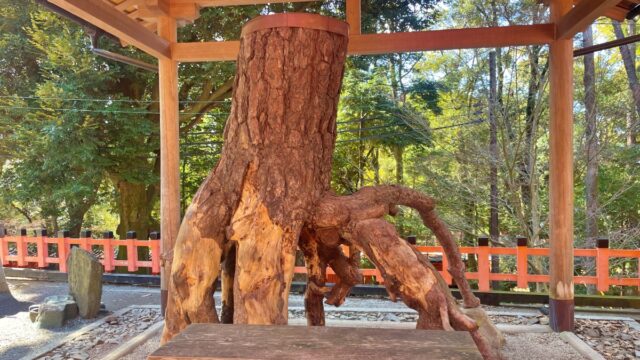 Japanese history and culture
Japanese history and culture 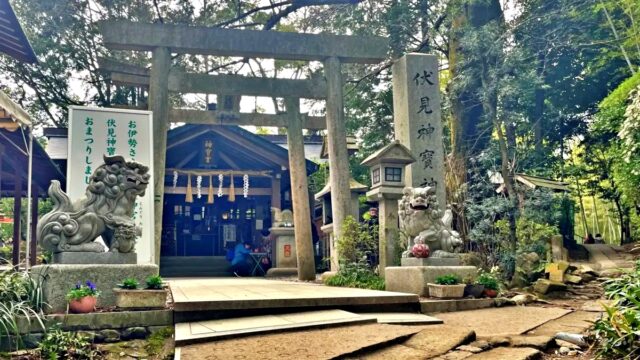 Japanese history and culture
Japanese history and culture  Japanese history and culture
Japanese history and culture 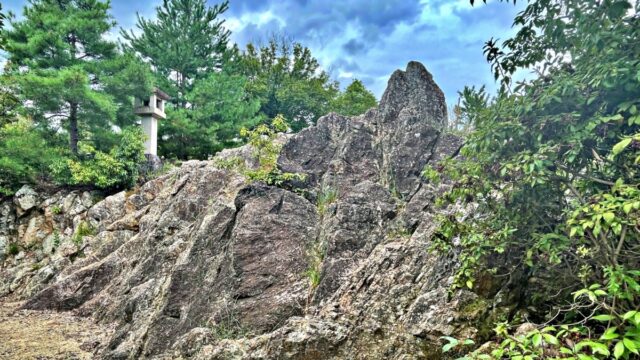 Japanese history and culture
Japanese history and culture 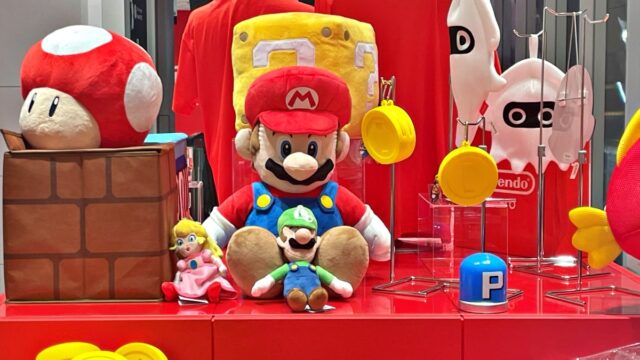 Japanese history and culture
Japanese history and culture 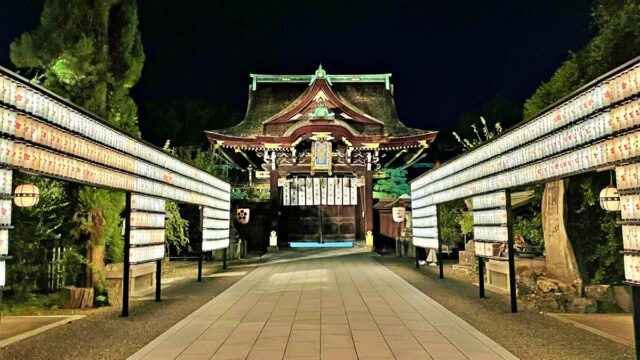 Japanese history and culture
Japanese history and culture 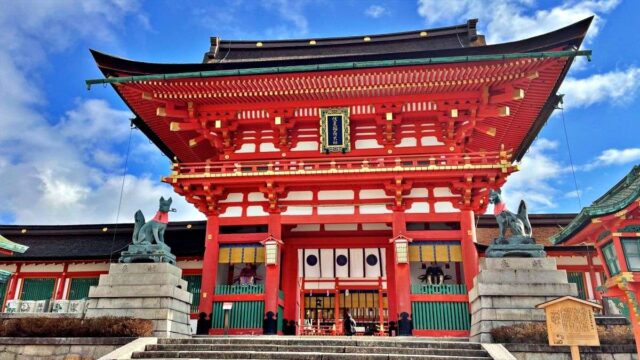 Japanese history and culture
Japanese history and culture 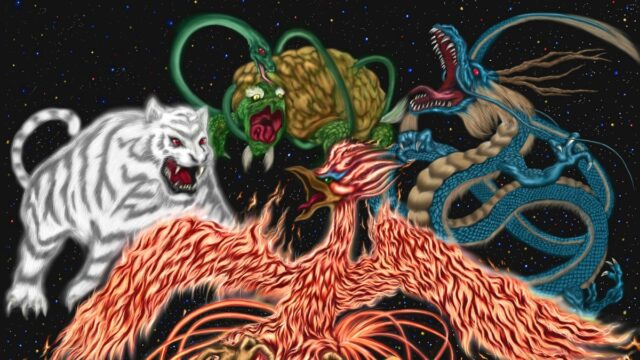 Japanese history and culture
Japanese history and culture 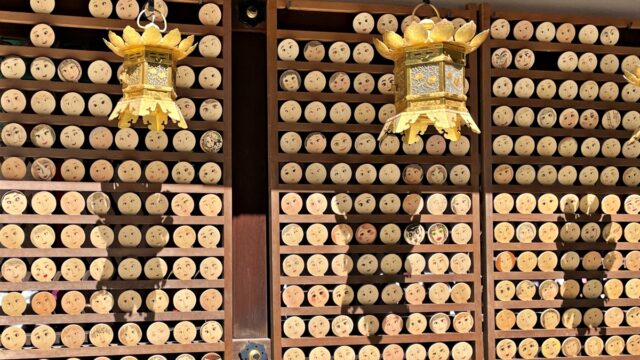 Japanese history and culture
Japanese history and culture 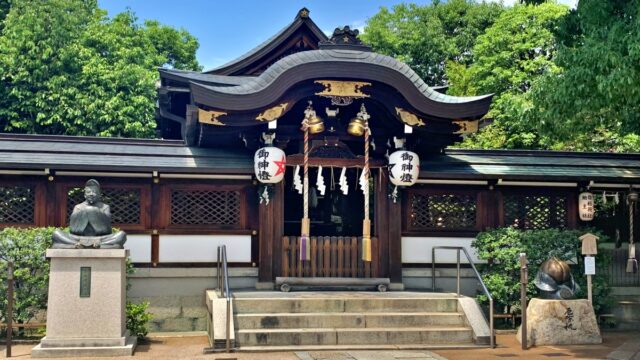 Japanese history and culture
Japanese history and culture